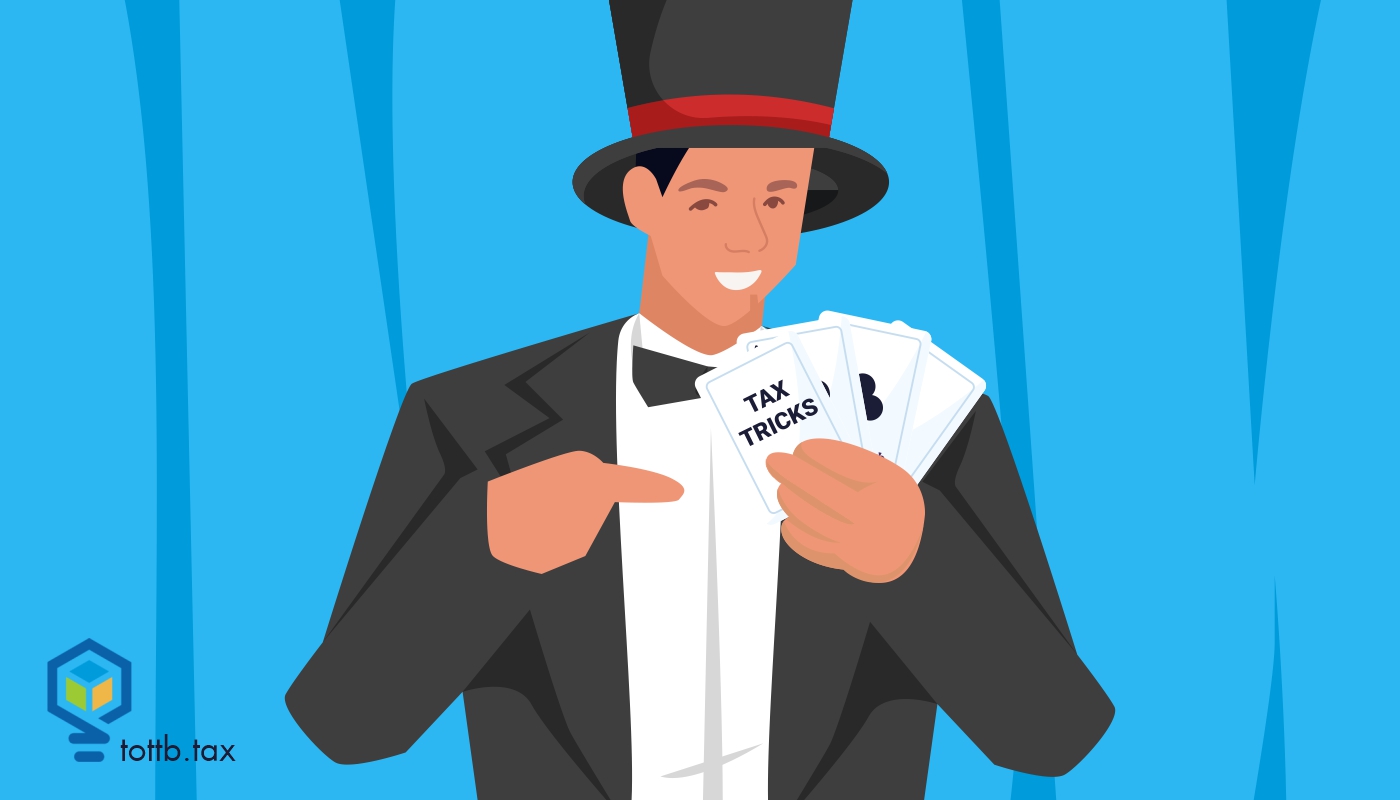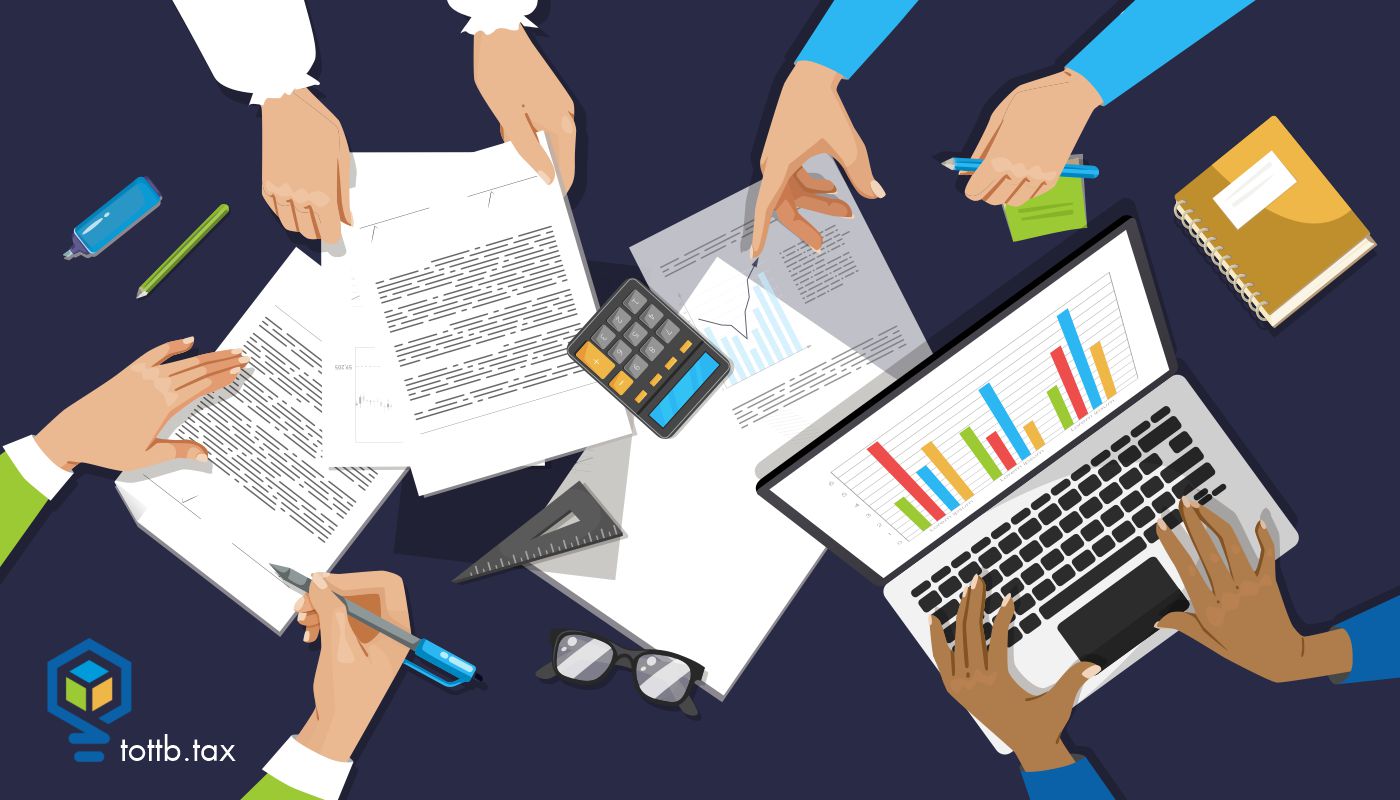On the website for Axium Wealth, Charles Dombek tells us that: “Most CPAs are historians that tell their clients how much they make, how much they owe, when and where to file their taxes, and oftentimes how to write large checks at the last minute when you least expect.” When it comes to Axium, though: “We help clients recover dollars they unnecessarily pay in State and Federal income taxes.” Axium also helps clients diversify capital into off-market passive real estate and alternative investments. Before Axium, there was The Optimal-Financial Group LLC. Of course many of the readers of Think Outside The Tax Box are CPAs, or EAs or others who both help their clients be compliant and advise on ways to minimize their liability. When I was practicing I would call the things I might suggest my “bag of tricks.”

Tax Tales I Let Slip in 2025: From Whistleblowers to Easement Woes and Beyond
One of my greatest frustrations as a tax writer is that I just don’t have the time to cover everything that I notice. Early in my blogging career, when I was younger and had more energy, I set myself on a Monday, Wednesday, Friday schedule like the college professors I envied. Even that did not keep up with everything I noticed, so periodically I would do a post that had short blurbs about interesting things I didn’t dig further on. Here is an example from 2010 of a post that covers an entity not considered a church by the IRS, S corp shareholder basis issues, definition of alimony and two Chief Counsel Advices on TEFRA issues. So here are some things for 2025, that I opened a file on but never managed to make an article with.






